Remember me - Fall 2021

In this issue:
Your support makes a difference
The thing I hope you know about the Alzheimer Society is that we never, ever give up. With your loyal support, we’ll keep pushing the boundaries of dementia research until scientists find a way to stop this ruthless disease.
We’ll keep enhancing our programs and services to offer new and innovative ways to help improve the lives of people living with dementia. And we’ll keep expanding our virtual programs to reach more families who are struggling with the demands of caregiving during the pandemic and beyond.
On behalf of every Canadian who counts on the Alzheimer Society for trusted guidance and support, and the hope that research brings, thank you for your continued interest and commitment. I hope that you enjoy this issue of our newsletter.
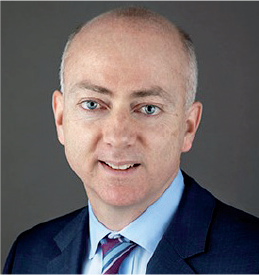
Ronan Ryan
Chief Executive Officer
A daughter's loving ode to her mom
My Mother
My Mother, she was funny and fun
Always admired for her social ability in any situation
But today she really doesn’t know what to say
And when she thinks of something, it’s all she can think of
My Mother, she was always full of memories
from her childhood, the war and family
But today, she is that child
and they are not memories
My Mother, I love her so much!
It’s sad watching her leave us this way
But today, we just love her
As we know she once loved us

— Excerpt from a poem by Julie Watts Benns
Julie's story: Devoted daughter and caregiver
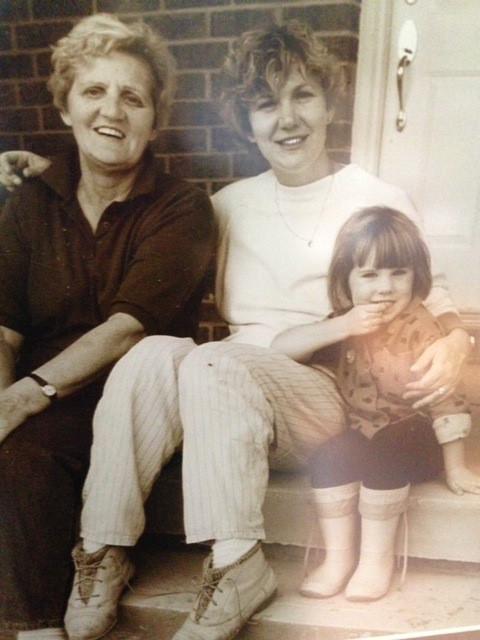
Julie’s mom, Barbara, was about 65 when she started forgetting things and repeating herself. As Barbara’s symptoms progressed, Julie moved her mom into a granny suite she’d added to her house so she could provide full-time care. “It was one of the most rewarding jobs I’ve ever had,” says Julie.
Years later, after a bad fall in which she broke her hip, Barbara’s health declined. Julie turned to the Alzheimer Society for support to help make her mom’s last months as comfortable as possible. “Sometimes, she would reach up and touch my face and tell me she loved me,” remembers Julie. “That’s all that really matters.”
For information about end-of-life care, visit alzheimer.ca/EndOfLifeCare.
Why don't we have a cure for Alzheimer's disease?
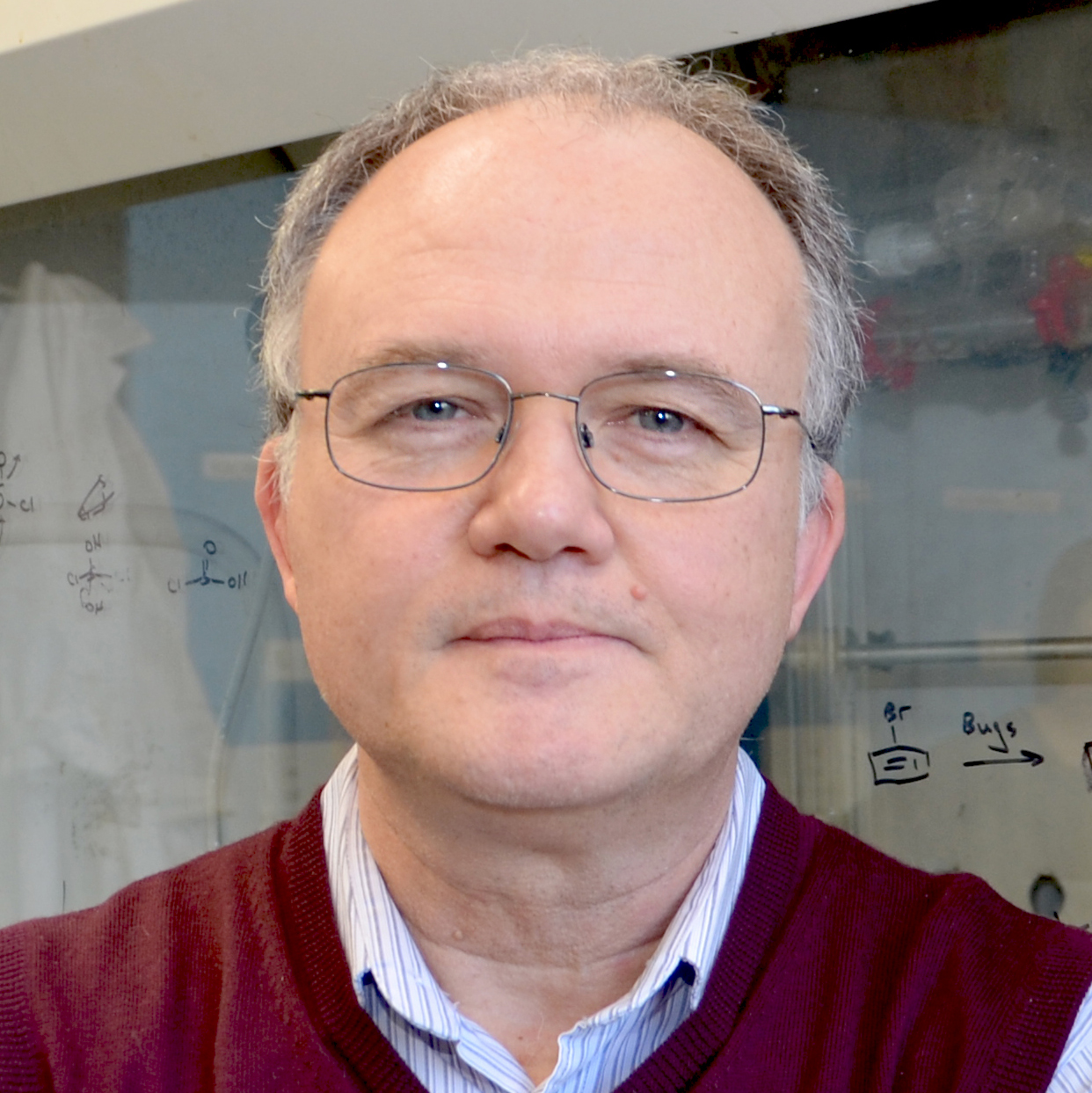
Dr. Donald Weaver shares his perspective.
As a researcher who studies Alzheimer’s disease and a neurologist who provides care for people living with dementia, I share the frustration people feel that there is no cure.
Here are the three main obstacles we need to overcome:
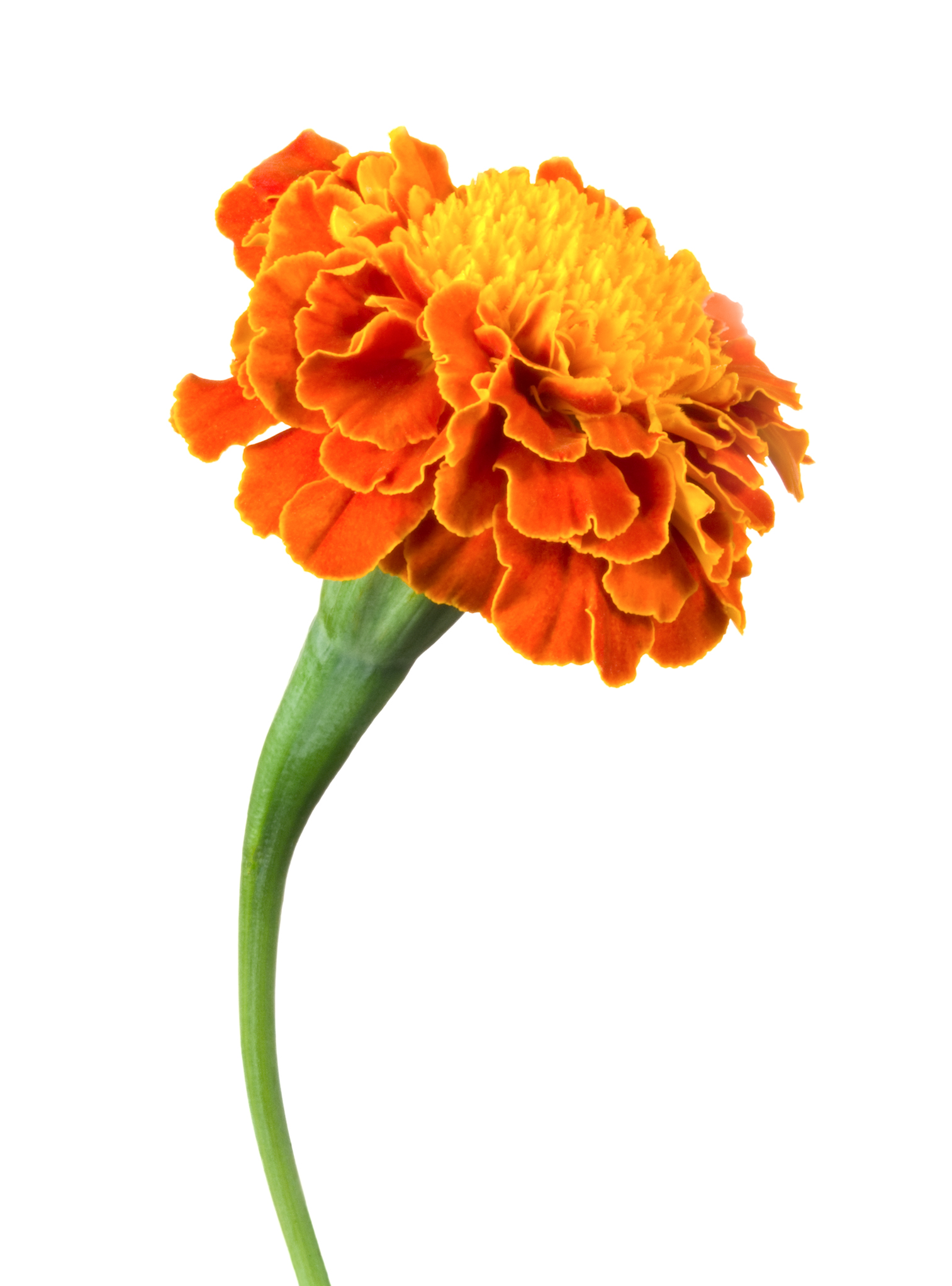
- Lack of funding. Dementia research is severely underfunded compared to other major diseases, such as cancer, HIV/AIDS and even COVID-19. The mistaken belief that Alzheimer’s only affects older people adds to this underfunding.
- Conflicting theories about the cause. The human brain is extremely complex, and Alzheimer’s disease is one of the most complex diseases of the brain. Clinical trials based on theories involving beta-amyloid and tau proteins have so far failed. While new theories hold promise, it will take funding and time to investigate them.
- It’s not simply one disease. Alzheimer’s and other forms of dementia may be in fact a collection of diseases, which may have different causes and therefore, different treatments and cures.
Despite these many hurdles, a wealth of encouraging research towards a cure is taking place. With your continued support, we’ll get there.
Finding your way®
Your dollars at work
The Finding Your Way® program, offered by the Alzheimer Society of Ontario and funded by the provincial government, helps people living with dementia and their families and care partners recognize and reduce the risks of going missing, so they can live safely in the community.
60% of people with dementia-related memory problems become lost at some point.
The balance between independence and safety is important for a person living with dementia. To help with decision-making, Finding Your Way® offers information, tips, and strategies, including advice on the use of locating technologies to help provide peace of mind, while improving personal independence.
For other programs offered in your area, visit your local Alzheimer Society website.
Tori's story: I’ll keep fighting for my dad

Five years ago, when Tori watched her dad Bob struggle with a simple task, she asked, “Dad, are you OK?” Bob said no and confessed his fears — he’d been noticing cognitive changes for years. In his mid-60s at the time, Bob was eventually diagnosed with young onset Alzheimer’s disease.
“For a while he didn’t want anyone to know,” Tori says. “He’s since realized it’s not as uncommon as people think and that his story can help others.” Tori hopes that sharing their story will encourage people who are concerned about cognitive changes in themselves or family members to reach out for help.
“It can be scary to talk about it,” says Tori. “But it is even more difficult to not talk about it. No one should struggle in silence,” she adds. “Knowing that there isn’t a successful treatment yet is hard, but we remain hopeful. I will never give up the fight for my dad.”
Tori and her family connected with the Alzheimer Society of B.C. For support services in your area, visit alzheimer.ca/find.
Monthly Donor Corner: Why I give
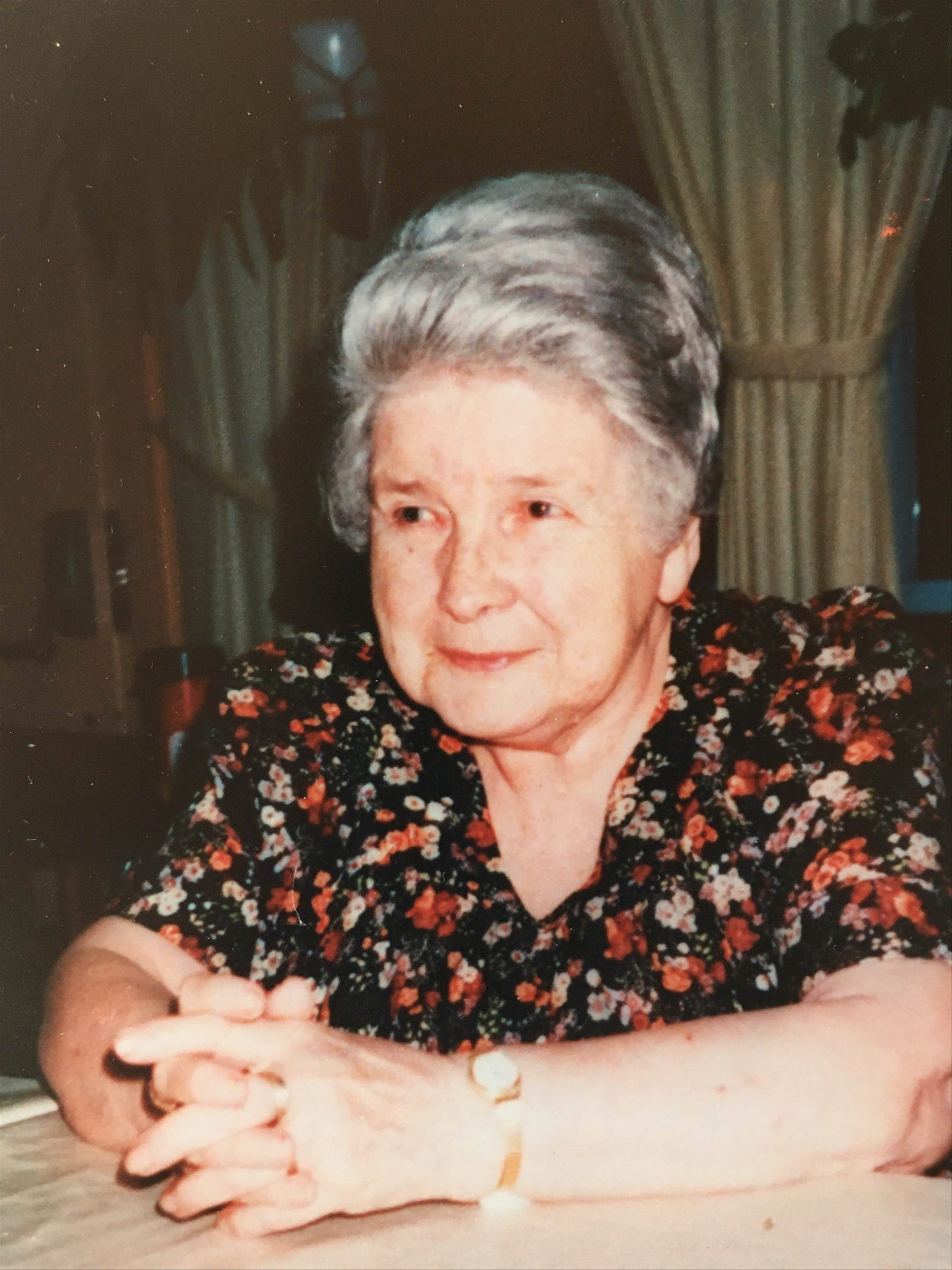
I give in memory of my mother who had dementia. It was scary to see my mom change so much and providing care for her was very stressful for my dad. I helped as best I could, but I was only 28 at the time, with a job and a baby at home who had special needs. I hope my donations help researchers find solutions for this disease that is so difficult for those living with it and their families.
— Denyse T.
If you’re not already a monthly donor, please join now at alzheimer.ca/FallNews2021.
A colourful approach to healthy eating

Making healthy food choices can help maintain brain function and slow cognitive decline. Here are some colourful ways to add vitamins, nutrients and antioxidants to your diet.
- Orange and yellow fruits and vegetables such as grapefruits, cantaloupes, and sweet potatoes are packed with vitamins and nutrients that protect the nervous system.
- Reds, such as beets, raspberries, tomatoes and cherries reduce inflammation and the risk of hypertension, and enhance the immune system.
- Greens, such as avocados and broccoli are good for your brain, bones, teeth and vision.
- Purple and blue fruits such as blackberries and blueberries are packed with antioxidants.
Find more tips at alzheimer.ca/BrainHealthyTips.
Words of inspiration from our donors
“People who are dear to us and their caregivers are going through very difficult times as a result of dementia. We must find a cure for this terrible disease.”
“Alzheimer’s has been part of my life through my father, brother, aunt and friends. I believe in the need to continue research in this area.”
“It is a terrible affliction, and I just want to support the Alzheimer Society so that help can be offered to those affected by dementia.”
Make a meaningful investment in the fight against dementia

A donation of publicly traded securities is an easy and effective way to ensure the work you believe in continues. You can donate your securities now and make an immediate impact, or you can donate them as part of your estate planning and change lives for generations. The Alzheimer Society will issue you a charitable tax receipt for the fair market value of the security on the date of transfer into our brokerage account.
There are tax benefits as well. By donating your stocks, bonds or mutual funds, you can realize tax savings by eliminating the capital gains on the donated securities.
To learn more about making a gift of stocks, please contact Dana Lecours at 1-800-616-8816 ext. 2951, by e-mail at [email protected], or visit alzheimer.ca/GiftsOfStock.
Developed in partnership with

RBC Wealth Management Royal Trust is a proud partner of the Alzheimer Society of Canada Legacy Giving initiatives.
